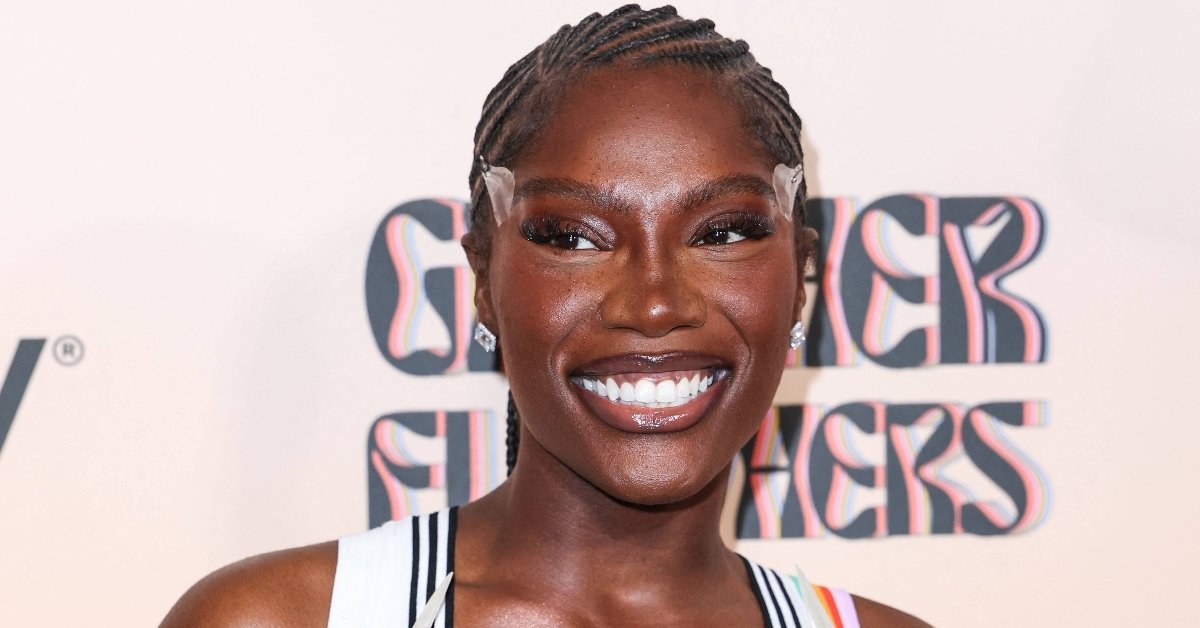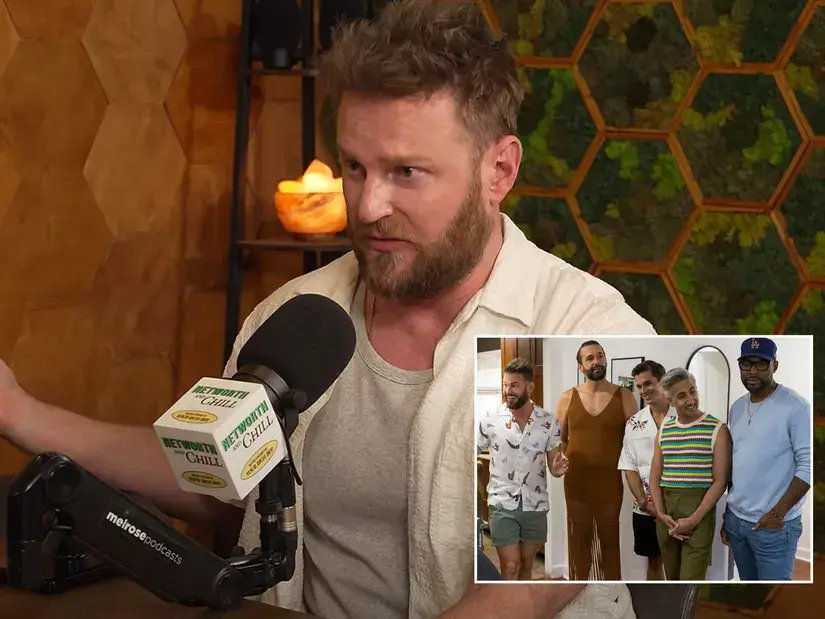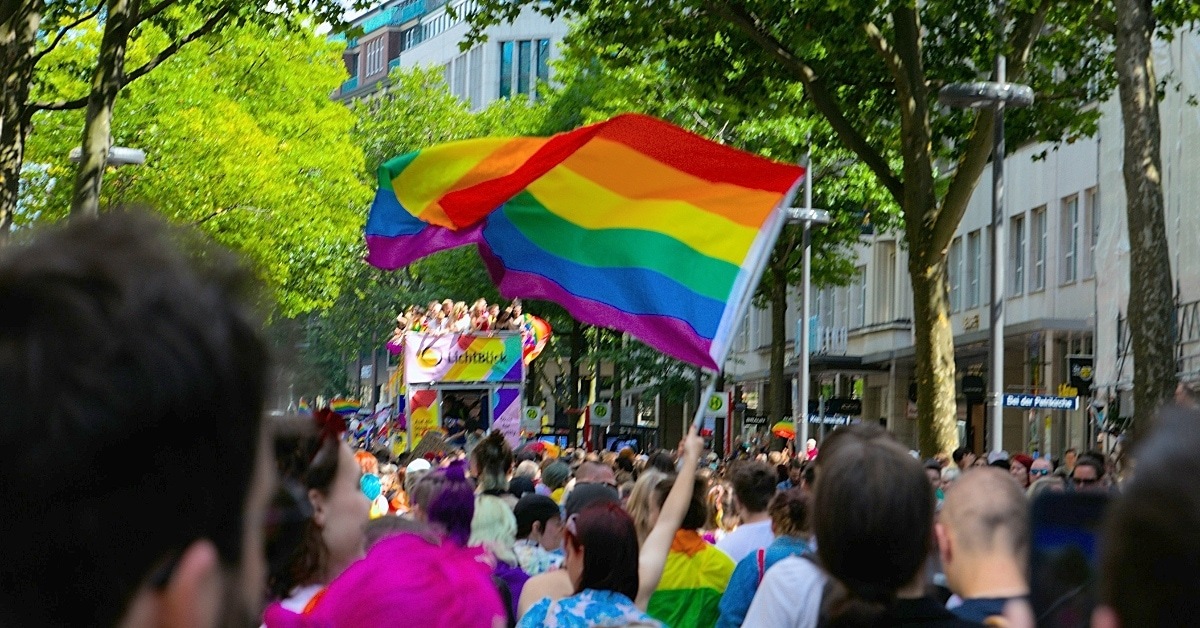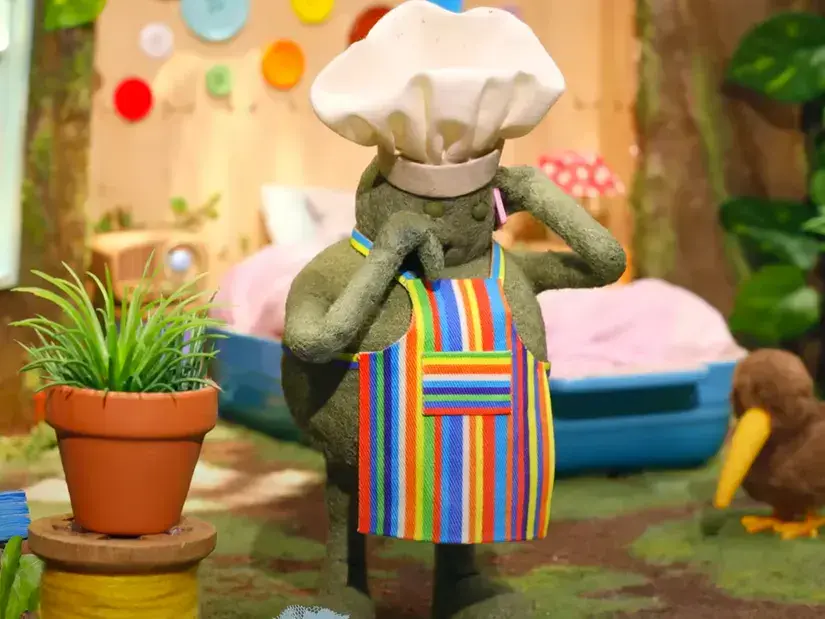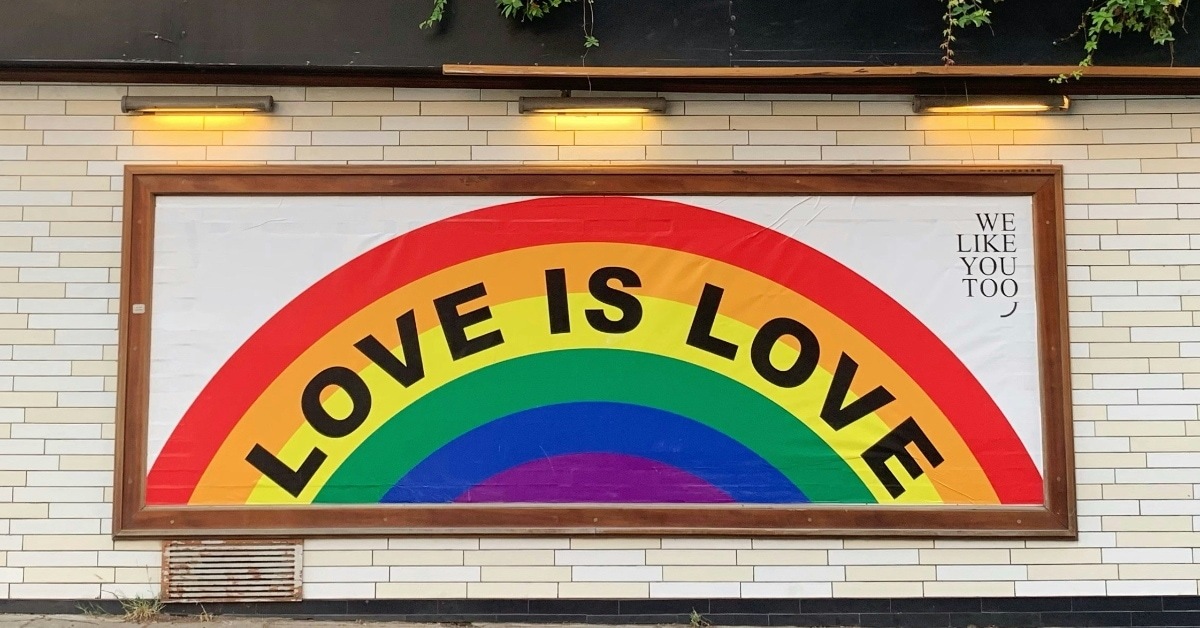BY: Denver Sean
Published 4 years ago

42-year-old Tatyana Ali welcomed her now-4-year-old son Edward “Aszi” in September 2016 and she says giving birth, at the time, was ‘very traumatic’
In a new interview with SheKnows for its Fourth Trimester digital issue, Tatyana opened up about it being her first experience with the “institutional bias” so many Black women face while seeking medical treatment.
She had an emergency c-section, and Aszi spent a week in the NICU.
via People:
“My experience in the hospital for my first son was really my first experience with institutional bias — you know, the kind of coercion and not really listening to our birth plan, interventions that were totally unnecessary and that I didn’t want, all of that — and then the ensuing cascade of problems that come out of that,” says Ali.
In August 2019, the actress gave birth to her son Alejandro Vaughn, whom she also shares with husband Dr. Vaughn Rasberry.
She remembers the anxiety that came with the second pregnancy, given her first experience: “The fear came back: ‘How are we going to do this? What is it going to be like? It can’t be like what it was before. How do we prevent that?’ “
That’s when, Ali says, she “started to realize and recognize that my story fits really neatly into the Black maternal health story.”
Ali says for her second baby, she purposely planned the opposite of her first birth, shooting for an “all-natural, home birth, water birth” with a “dream” Black midwife. She did, however, ultimately require a c-section at the hospital, but this time was different.
“When it came down to it, I ended up in the hospital and I had an amazing experience. It was completely different — because I had choices,” explains Ali. “There was somebody there who respected me, respected us as a family, got to know us as a family, guided us through everything, and gave us choices. It was incredible.”
Looking back on her first birth, Ali says her issue was that she “wanted to make everybody [else] feel safe and secure, and my feelings or instincts were really the last on the list.”
Ali — who’s directing a documentary titled Birth Right: The Quilt, which explores the Black maternal experience and reproductive justice — says becoming a mom changed her, helping her be more confident in speaking up for her needs.
“My [maternal] instincts have made me a stronger person, in general, because I know what it feels like to speak up for them. Sometimes you’ve got to be a lion, you know?” she says.
With more and more Black women speaking out about their experiences, hopefully we can begin to put an end to the institutional biases that put so many Black women at risk. The more you know!
